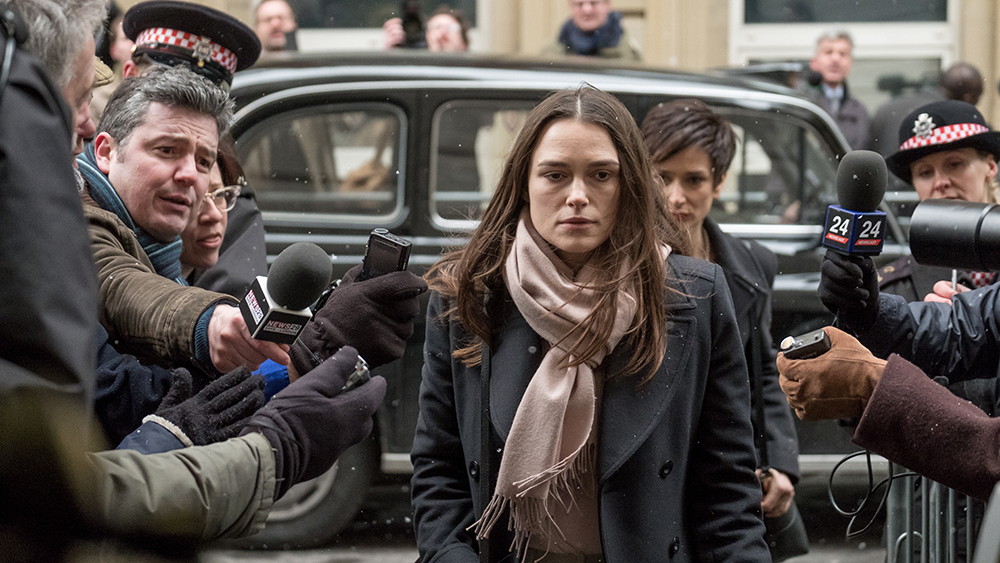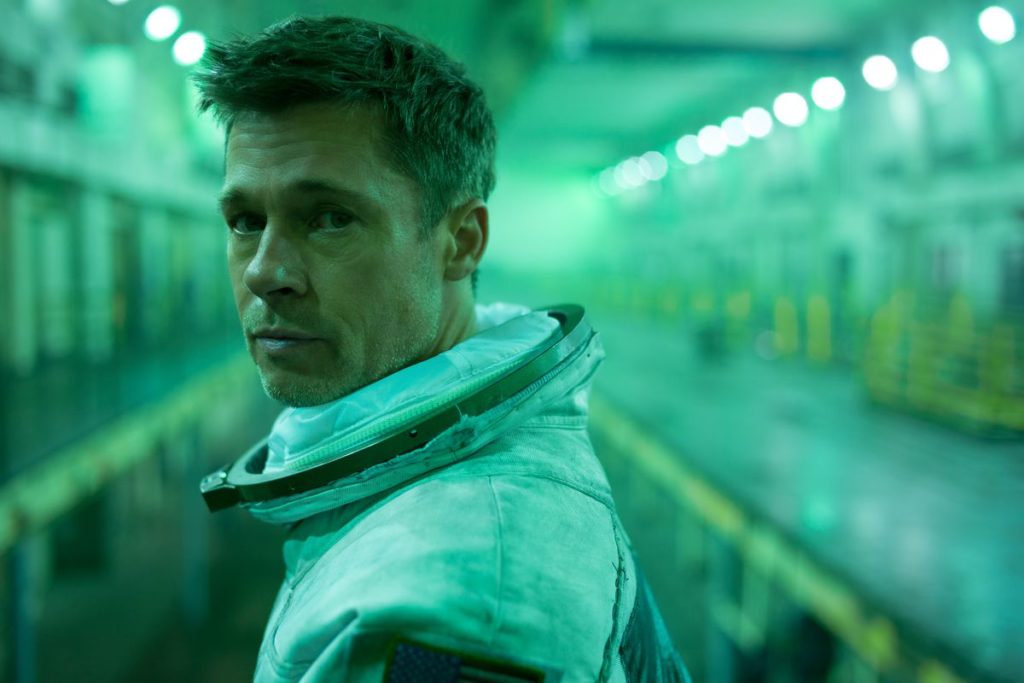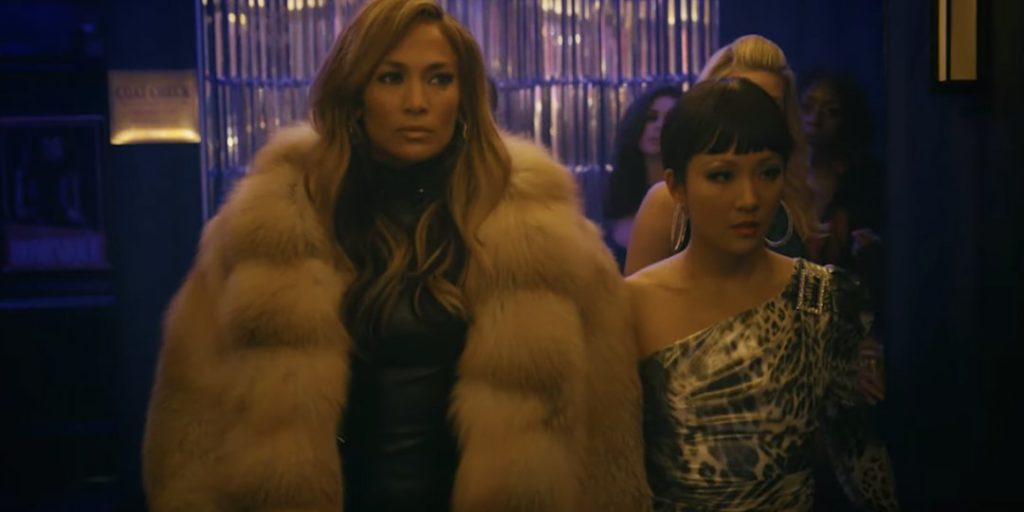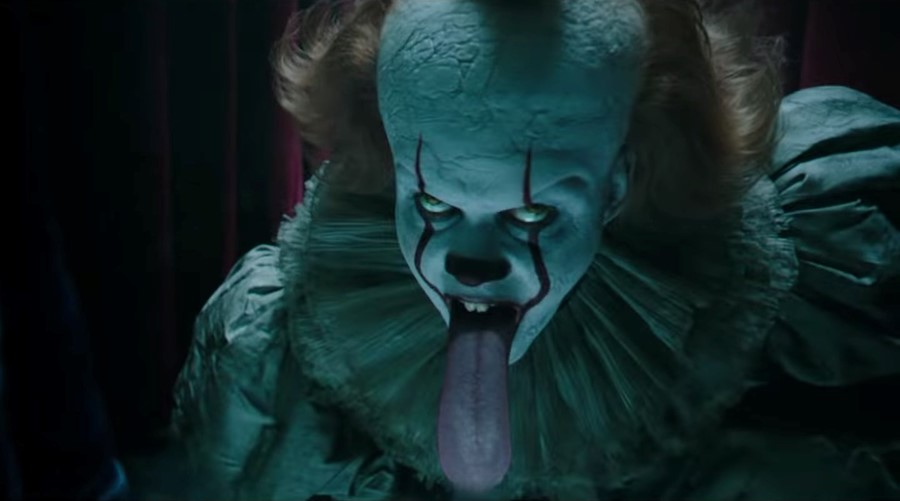Joker: Violence. Murder. Insanity. It’s a Riot!
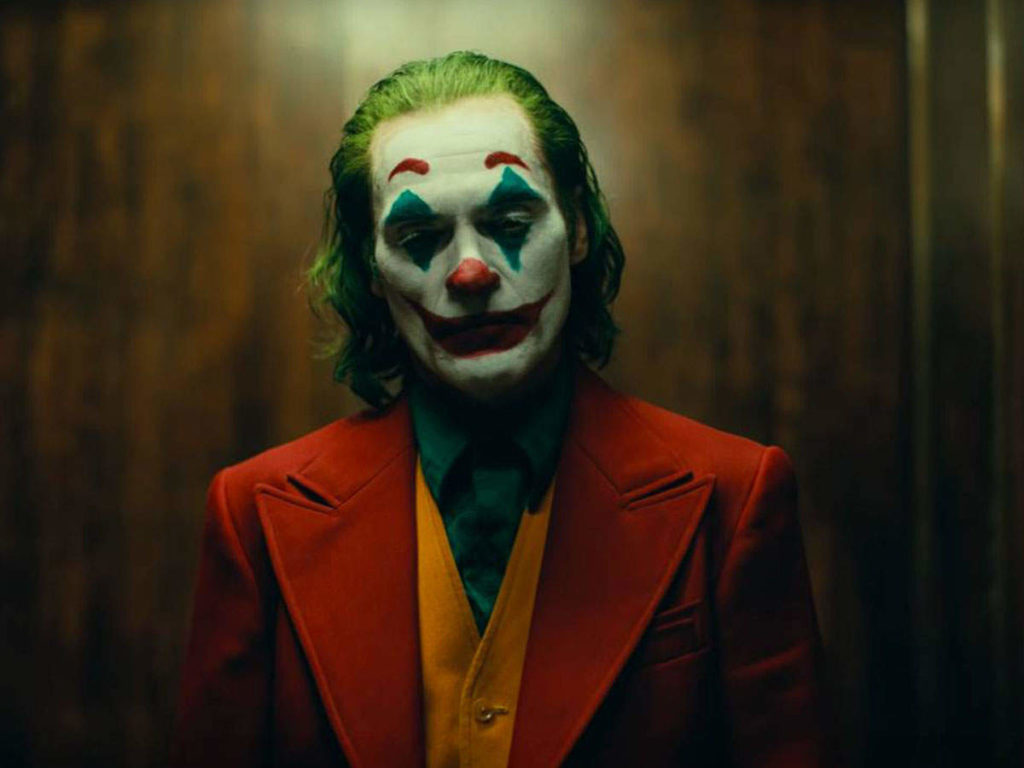
Borne on the waves of controversy and leaving a trail of smoggy fumes in its wake, Joker is arguably the movie of the year. Not the best movie of the year, mind you—not even close. But while the events of this strange and faintly maddening film take place in 1981, in the fictional realm of Gotham City, it is plainly designed to tap into the anxieties of the present moment, to Say Something significant, whether about art, commerce, politics, or society. It screams to be pored over, analyzed, debated; it’s a movie that also feels like the belabored setup for a podcast. Does it glorify incel culture, or is it a pointed critique of toxic masculinity? Is it a scabrous attack on the wealth gap, or an ardent defense of the established social order? Is it a violent fantasy, or a repudiation of violence?
In theory, these are interesting questions, but Joker, which was directed by Todd Phillips from a script he wrote with Scott Silver, has no interest in answering them. That may in itself sound bold; after all, some of the world’s greatest art is open to vigorous interpretation. Yet the great irony of this movie—the gag that surely has its maker imitating its antihero, cackling in high-pitched glee—is how meaningless it is. It feints at profundity, but it does not trouble itself with forming actual ideas. It is less a Rorschach test than a brightly colored finger painting. It splashes the frame with divisive topics—police brutality, mental illness, social unrest, powerful men, victimized women—and then passes off such haphazard daubing for the articulation of genuine themes. To the extent Joker has a philosophy of any interest, it is that it proclaims itself to be interesting. Read More

